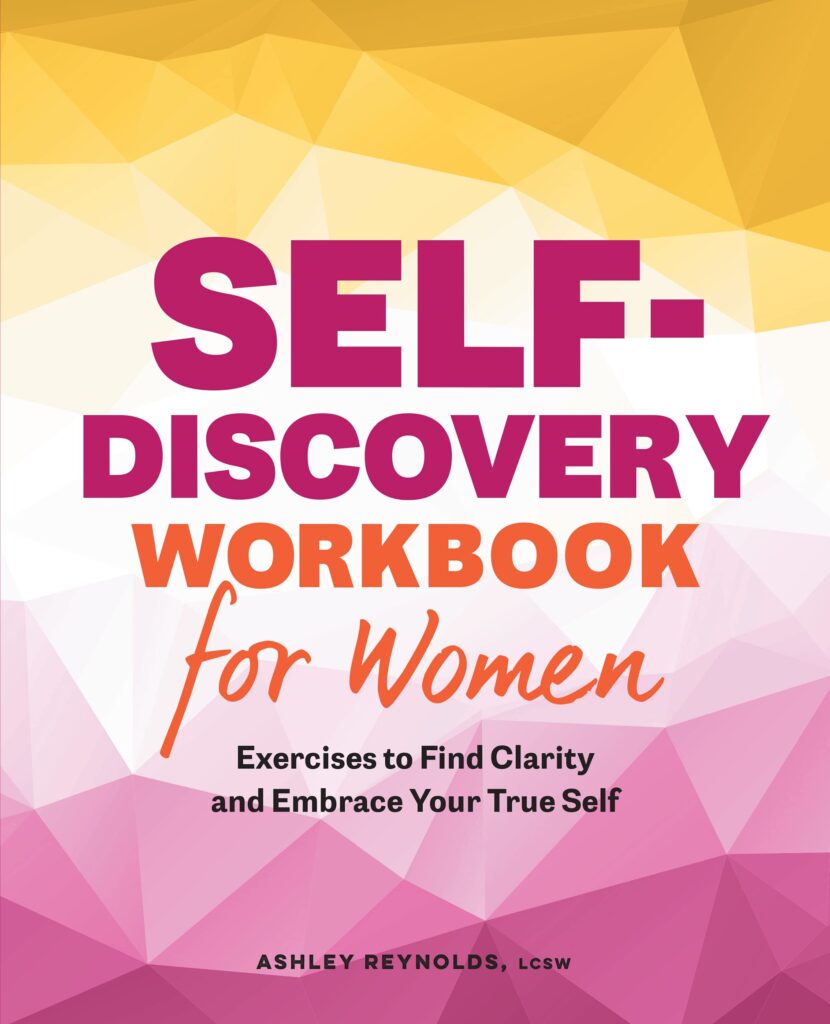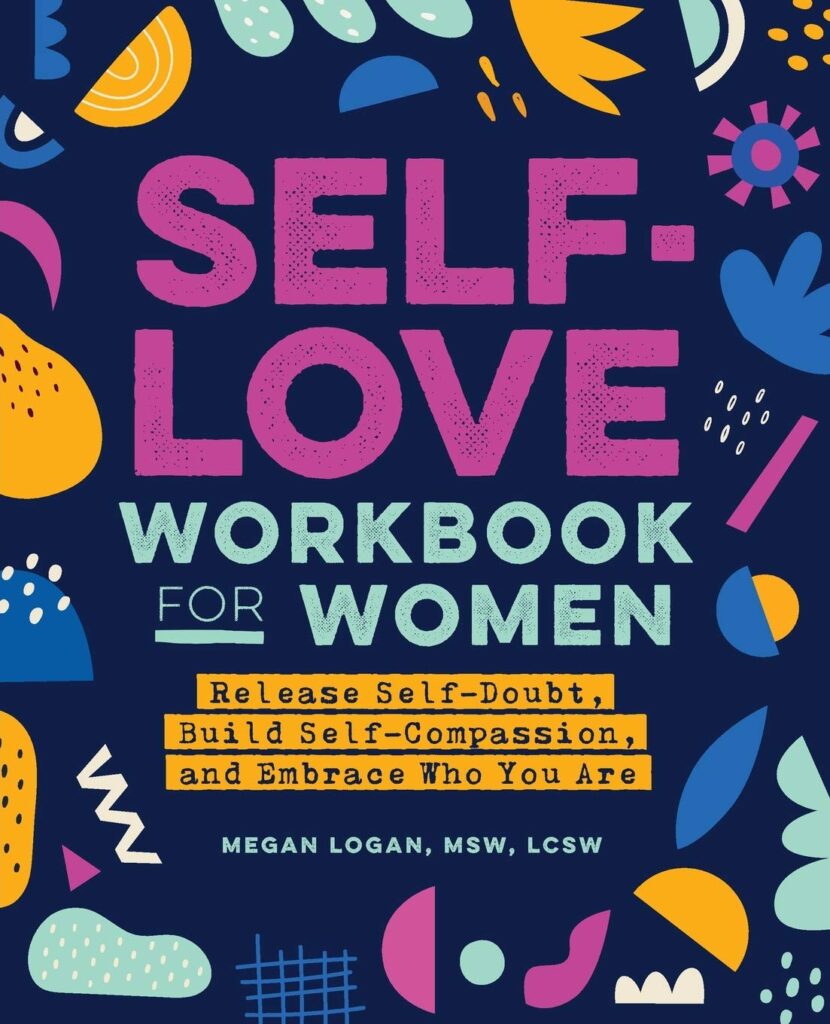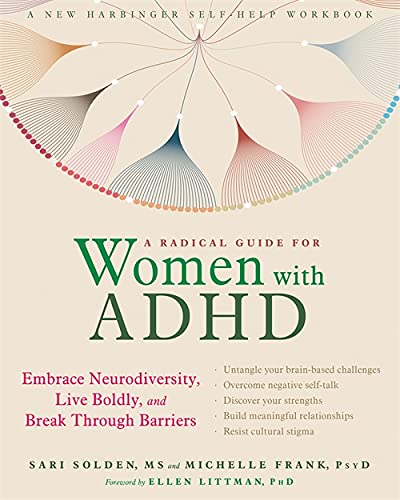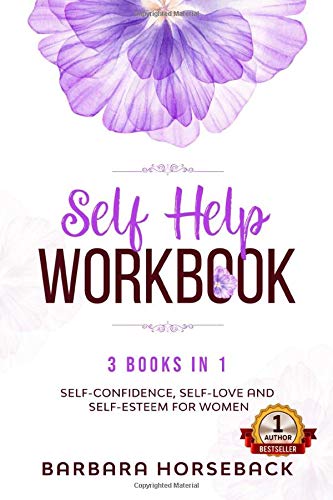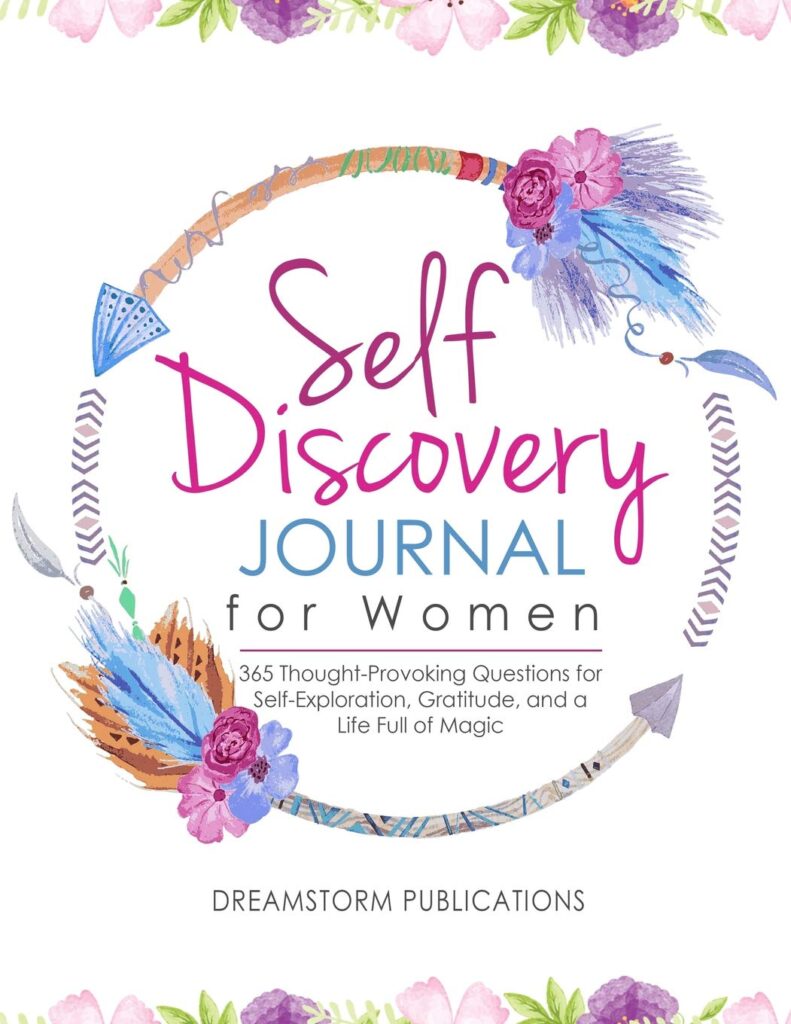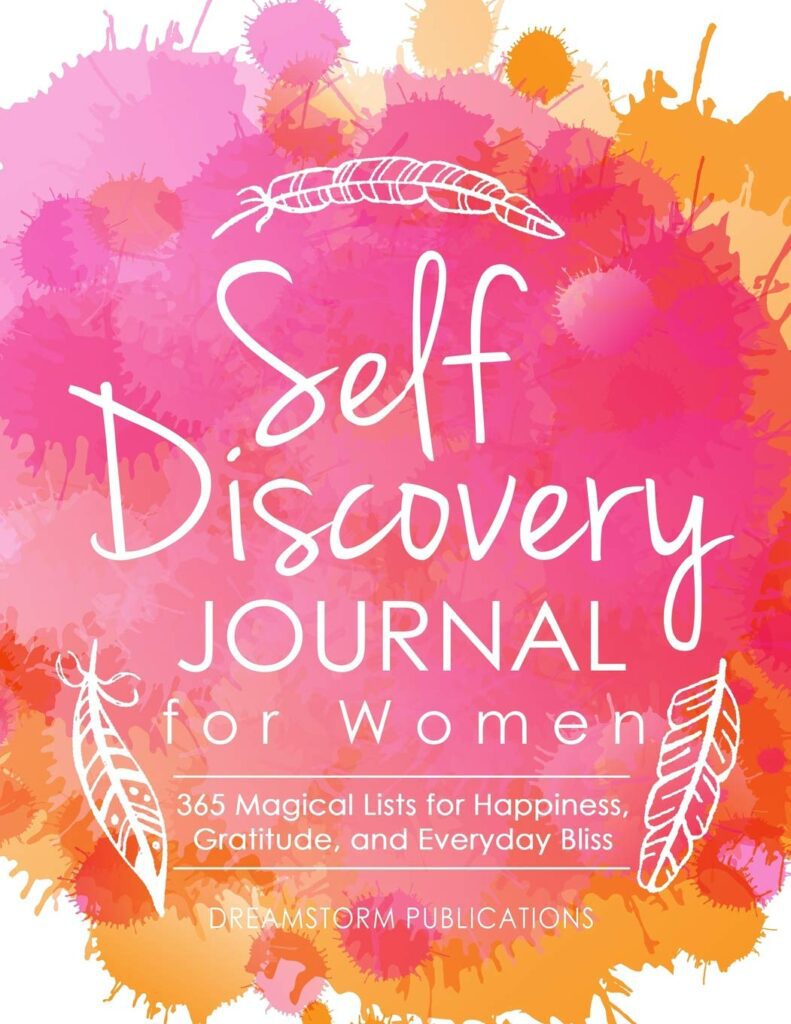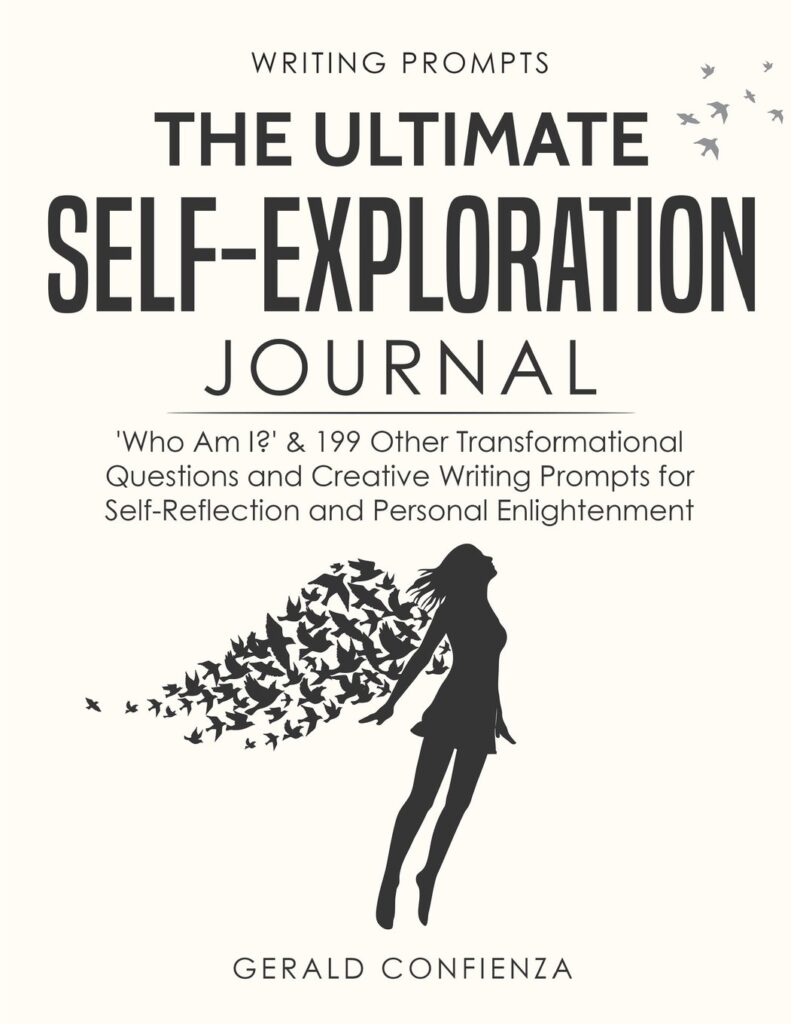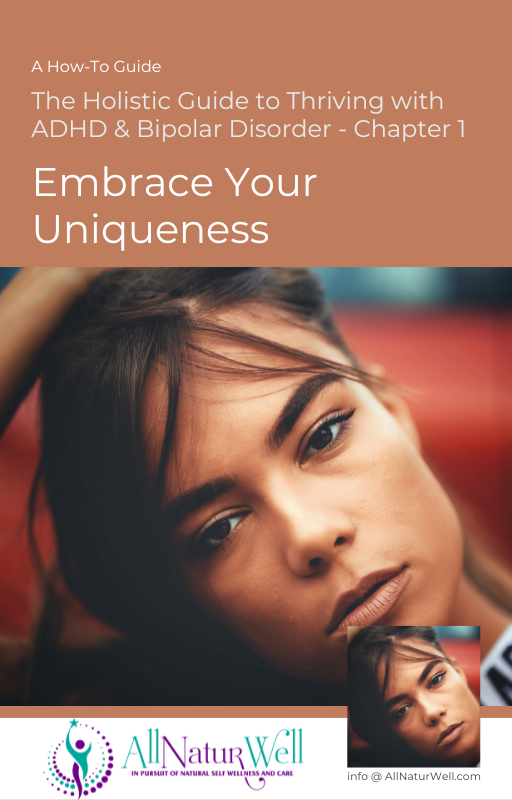Know Yourself Well - It Is The Beginning of Your Wisdom
Sometimes all it takes is just a few, small changes to set the wheels of whole self wellness and improved personal health into motion. (And by the way, that’s the order in which this truly happens. Not the other way around. Improved personal heath develops as whole self wellness evolves.)
Although being diagnosed with ADHD, Bipolar Disorder or Rejection Sensitive Dysphoria (RSD) can be overwhelming, it doesn’t change that fact. These conditions can, and probably will, impact various aspects of your life. However, it is crucial to remember that a diagnosis does not define you. Instead, it marks the beginning of a transformative journey of self-discovery and new growth. And, as I said, sometimes that growth begins by first learning to learn about you.
Learning how to learn about yourself then becomes an essential step in managing your condition and nurturing your personal well-being. In this blog, we will explore the need, nay, the necessity, of this self-learning process. Here are 5 tips to get you started.
# 1.
Embracing Self-Awareness
Understanding oneself is an ongoing process that evolves over time. When living with ADHD, Bipolar Disorder or RSD, self-awareness becomes even more vital. By actively exploring and learning about your strengths, weaknesses, triggers and unique characteristics, you empower yourself to take charge of your condition. And that’s exactly what you want to do. Self-awareness allows you to recognize patterns, identify effective coping strategies and make informed decisions regarding your mental health.
#2.
Managing Symptoms and Enhancing Coping Mechanisms
Learning about yourself helps uncover specific symptoms associated with ADHD, Bipolar Disorder and/or RSD. By recognizing these symptoms, you can adopt targeted strategies to manage them effectively. For instance, if you have ADHD, understanding your attention span patterns can help you develop concentration techniques and establish a structured routine. Similarly, with Bipolar Disorder, recognizing the signs of mood shifts enables you to implement self-care practices, seek timely support and avoid potential triggers. RSD can be better managed by understanding and addressing sensitivity to rejection through self-validation techniques and seeking supportive environments.
#3.
Overcoming Stigma and Building Resilience
Stigma surrounding mental health conditions can be a significant obstacle in one’s journey towards self-acceptance and growth. By learning about yourself, you develop a deeper understanding of your condition and gain the knowledge to challenge misconceptions. This knowledge empowers you to educate others, reduce stigma and foster a supportive network.
Furthermore, the process of self-learning allows you to cultivate resilience by acknowledging your strengths and focusing on personal growth rather than dwelling on societal judgments.
#4.
Creating Tailored Strategies and Accommodations
Every individual diagnosed with ADHD, Bipolar Disorder or RSD has unique needs and challenges. The process of learning about oneself enables the development of personalized strategies and accommodations to enhance well-being and productivity.
By understanding your specific triggers, strengths and limitations, you can create an environment that promotes your mental health and maximizes your potential. This may include modifying your workspace, creating a safe space, establishing healthy boundaries and incorporating mindfulness techniques into your daily routine.
#5.
Fostering Self-Compassion and Nurturing Well-Being
Learning to learn about you allows you to cultivate self-compassion, an essential component of emotional well-being. By recognizing that your condition does not define your worth, you can embrace self-acceptance and practice self-care. Through self-learning, you gain insight into your unique needs and develop strategies to prioritize your mental health.
This might involve engaging in activities that bring you joy, seeking professional support or fostering meaningful connections with others who share similar experiences.
Navigate the Complexities
Remember that a diagnosis of ADHD, Bipolar Disorder or Rejection Sensitive Dysphoria may present challenges, but it also opens doors to personal growth and self-discovery. Learning about yourself in the context of these conditions equips you with the knowledge and tools necessary to navigate the complexities of daily life.
By embracing self-awareness, managing symptoms, overcoming stigma, creating tailored strategies and fostering self-compassion, you can build a fulfilling and meaningful life. Always remember, you are more than your diagnosis and your journey towards self-understanding is a testament to your resilience and strength.
Article Continues Below
Learn To Learn About You
A Few Favorite Reads To Get You Started
Read Our Affiliate Disclaimer
Learn To Learn About You
Article Continues Below

Embracing Your Unique Cognitive Style
ADHD is often associated with a different cognitive style that emphasizes divergent thinking, creativity and the ability to make unique connections. By understanding and appreciating this cognitive style, individuals with ADHD can tap into their inherent strengths. Learning about your thought processes and problem-solving approaches helps you identify strategies that work best for you. Embrace your unique perspective, leverage it in various areas of life and foster a sense of pride in your abilities.
Exploring Your Interests and Passions
Self-discovery involves exploring your interests and passions. Individuals with ADHD often have a wide range of interests and an intense curiosity about the world. Use this opportunity to explore different subjects, hobbies and activities that capture your attention. Follow your passions and pursue activities that align with your strengths and values. By engaging in activities that genuinely interest you, you can boost motivation and improve focus.
Developing Self-Advocacy
Self-awareness is crucial for individuals with ADHD. Pay attention to your own patterns, triggers and limitations. Reflect on how your environment, routines and habits impact your ability to function optimally. Through self-awareness, you can proactively advocate for yourself by communicating your needs to others, seeking appropriate accommodations and creating supportive structures in your daily life. Understanding your strengths and limitations empowers you to take charge of your ADHD and work towards success.
Learn To Learn About You
Learning to learn about yourself is a transformative process for individuals with ADHD and/or Bipolar Disorder. Embrace your unique cognitive style, recognize and manage symptoms, explore your interests, develop self-awareness, and seek support from others. By understanding your strengths, limitations and personal preferences, you can harness the power of ADHD to your advantage. Embrace your journey of self-discovery and let it become a catalyst for personal growth, self-acceptance and a fulfilling life.
Learn To Learn About You
A Few Favorites To Help Get You Started
Read Our Affiliate Disclaimer
Disclaimer: The information or products mentioned in this article are provided as information resources only and are not to be used or relied on to diagnose, treat, cure or prevent any disease. The statements made in this article have not been evaluated by the Food and Drug Administration. Any products mentioned are not intended to diagnose, treat, cure, or prevent any disease. The information in this article is intended for educational purposes only. The information is not intended to replace medical advice offered by licensed medical physicians. Please consult your doctor or health practitioner for any medical advice.

